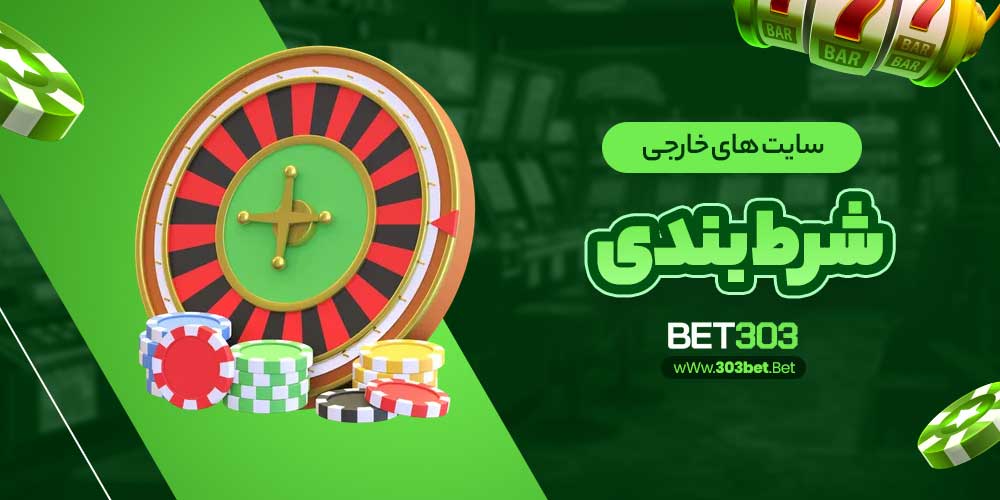
The Evolution of Persian Football: From Local Passion to Global Recognition
Football, known as the beautiful game, has a rich and vibrant history in Iran. The sport has evolved from a local passion to a global phenomenon, with Iranian players and teams making their mark on the international stage. This article explores the evolution of Persian football سایت پیش بینی فوتبال فارسی, highlighting key milestones, influential figures, and the future prospects of the sport in Iran.
Early Beginnings and Growth
Football was introduced to Iran in the early 20th century, primarily through British expatriates working in the oil industry. The sport quickly gained popularity among the local population, leading to the formation of the first football clubs and leagues. The Iranian Football Federation was established in 1920, marking the official beginning of organized football in the country.
The 1960s and 1970s saw significant growth in Iranian football. The national team, known as Team Melli, began participating in international competitions, including the Asian Cup and the Olympics. This period also witnessed the rise of legendary players like Ali Parvin and Nasser Hejazi, who became household names and inspired a new generation of footballers.
The Golden Era of the 1990s
The 1990s are often referred to as the golden era of Iranian football. The national team qualified for the FIFA World Cup in 1998, a historic achievement that put Iran on the global football map. The team’s performance, particularly their memorable victory against the United States, ignited a sense of national pride and unity among Iranians.
This era also saw the emergence of talented players like Ali Daei, who went on to become one of the world’s top goal scorers, and Mehdi Mahdavikia, who made a significant impact in European leagues. The success of these players highlighted the potential of Iranian football and paved the way for future generations.
Modern Era and International Recognition
In the 21st century, Iranian football has continued to grow and evolve. The national team has qualified for multiple World Cups, including the 2014 and 2018 editions, showcasing their skills on the global stage. The Iran Pro League, the country’s top domestic competition, has also gained prominence, attracting talented players and coaches from around the world.
The rise of social media and digital platforms has further amplified the reach of Iranian football. Fans can now follow their favorite teams and players in real-time, engaging with the sport in new and exciting ways. This digital revolution has also led to the growth of football prediction sites, which provide fans with valuable insights and analyses.
Influential Figures in Persian Football
Several figures have played a pivotal role in shaping the landscape of Persian football. Some of the most influential include:
- Ali Parvin: A legendary player and coach, Parvin is often credited with laying the foundation for modern Iranian football. His tactical acumen and leadership skills have inspired generations of players and coaches.
- Nasser Hejazi: Known for his exceptional goalkeeping skills, Hejazi was a key figure in the national team during the 1970s and 1980s. His contributions to the sport have earned him a place in the hearts of Iranian football fans.
- Ali Daei: One of the most prolific goal scorers in football history, Daei’s achievements have put Iranian football on the global map. His success in European leagues and his leadership of the national team have made him a national hero.
- Carlos Queiroz: The Portuguese coach led the Iranian national team from 2011 to 2019, guiding them to two World Cups. His tactical prowess and strategic vision have left a lasting impact on Iranian football.
Challenges and Opportunities
Despite its successes, Iranian football faces several challenges. Infrastructure development, youth training programs, and financial support are areas that require attention. However, there are also numerous opportunities for growth. The increasing interest in women’s football, the development of grassroots programs, and the integration of technology in training and analysis are all positive signs for the future.
The Future of Persian Football
The future of Persian football looks bright. With a strong foundation and a passionate fan base, the sport is poised for further growth and success. The continued development of domestic leagues, the nurturing of young talent, and the adoption of advanced training methods will be crucial in maintaining Iran’s competitive edge on the global stage.
Moreover, the rise of digital platforms and football prediction sites will continue to enhance fan engagement and provide valuable insights. As technology advances, these platforms will offer even more immersive and interactive experiences, keeping fans connected to the game like never before.
Conclusion
Persian football has come a long way from its humble beginnings to becoming a global phenomenon. The sport has not only brought joy and unity to the Iranian people but has also showcased the country’s talent and potential on the international stage. As Iranian football continues to evolve, it will undoubtedly play a significant role in shaping the future of the sport, both locally and globally.
With a rich history, influential figures, and a passionate fan base, Persian football is more than just a game; it is a cultural heritage that unites and inspires millions. As the sport moves forward, it will continue to be a source of pride and joy for Iranians, cementing its place in the annals of football history.




